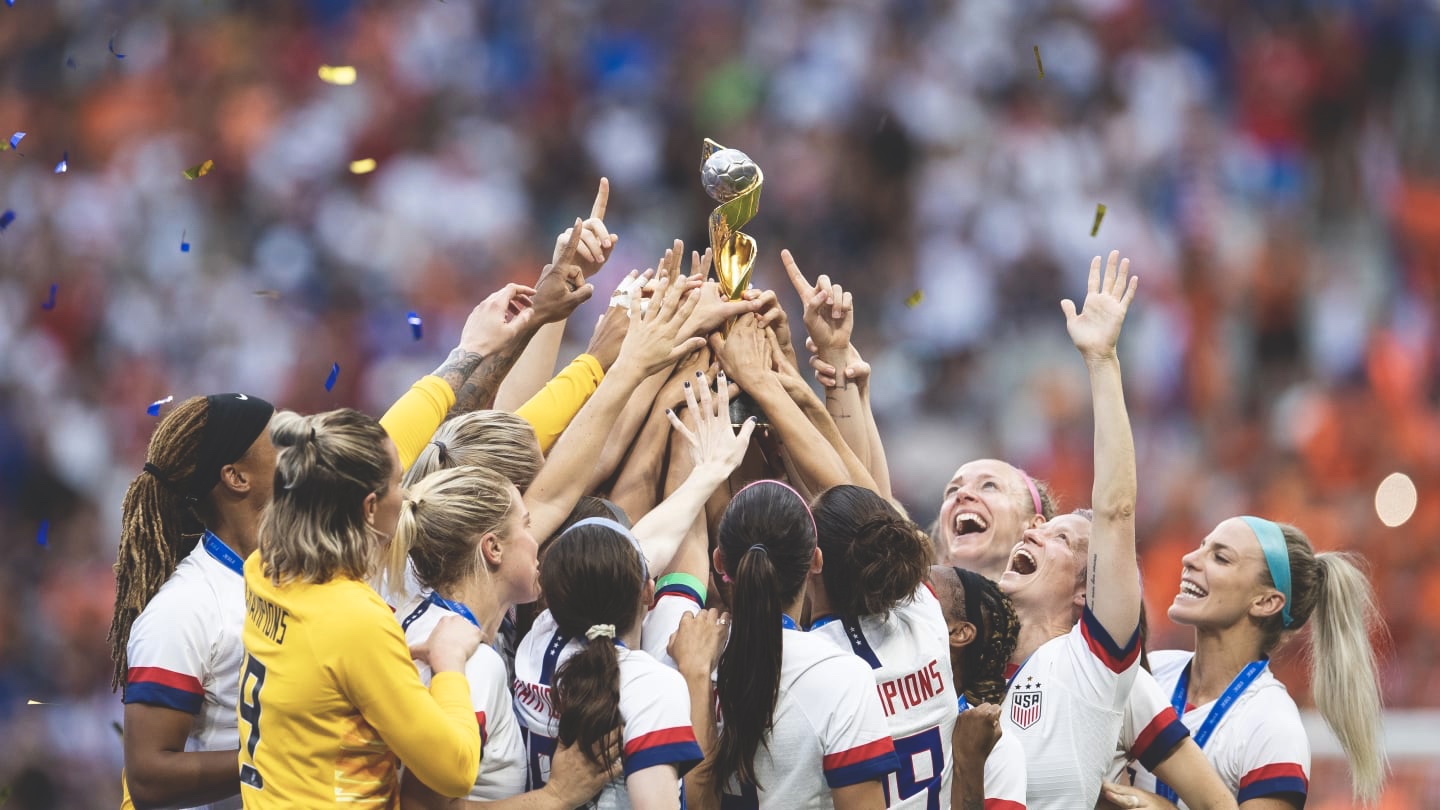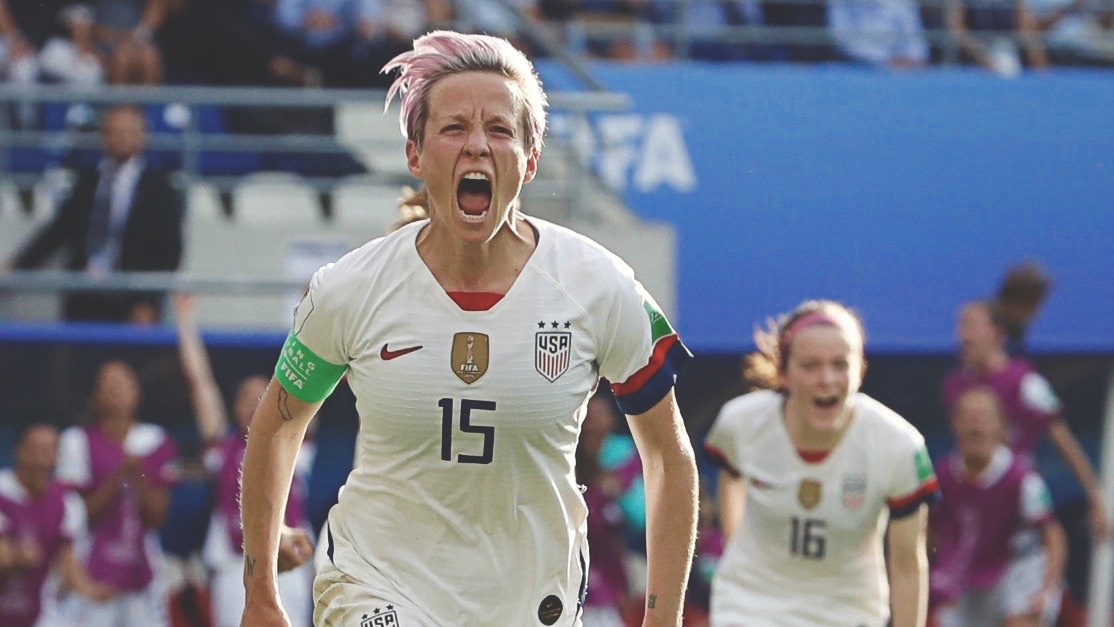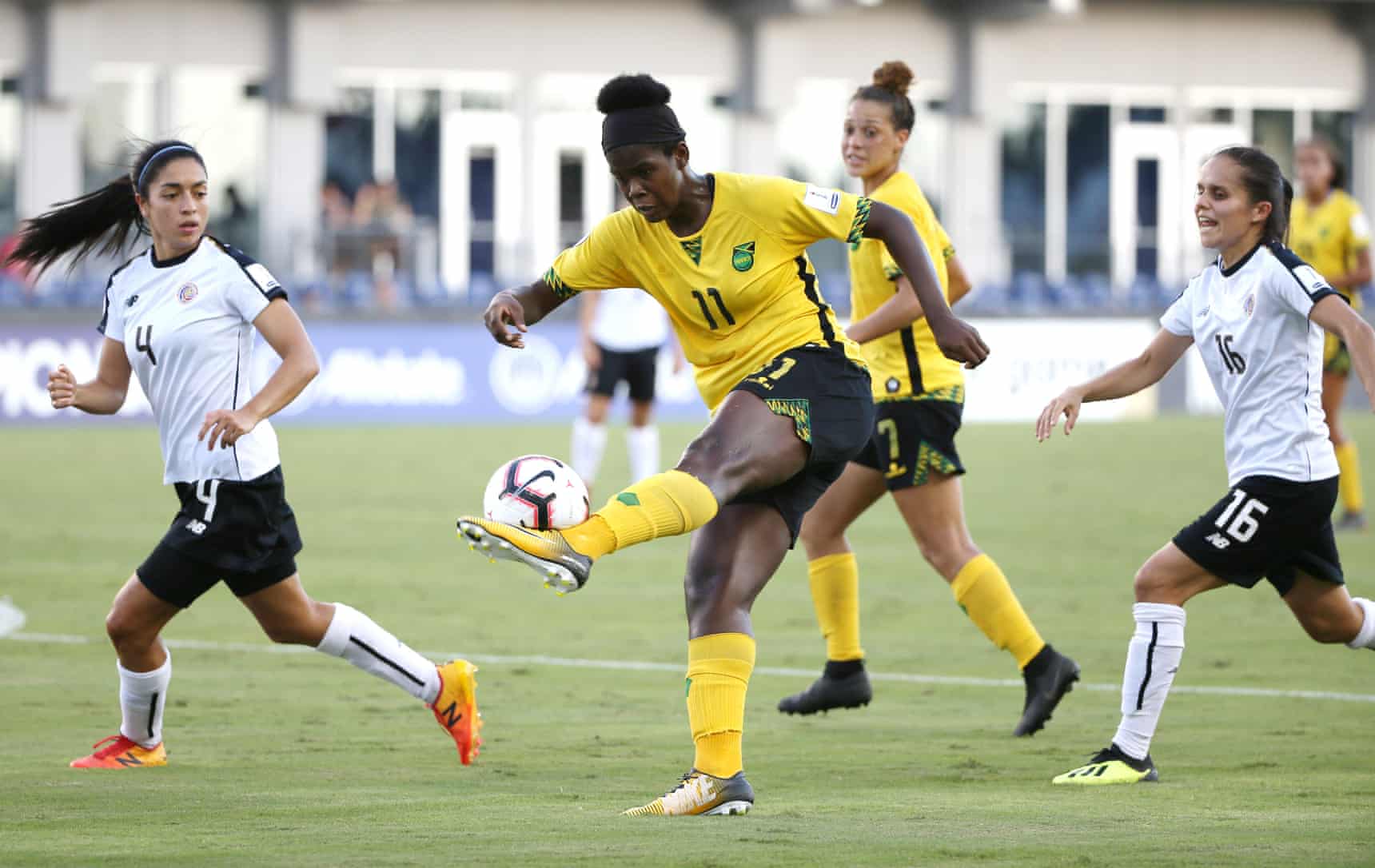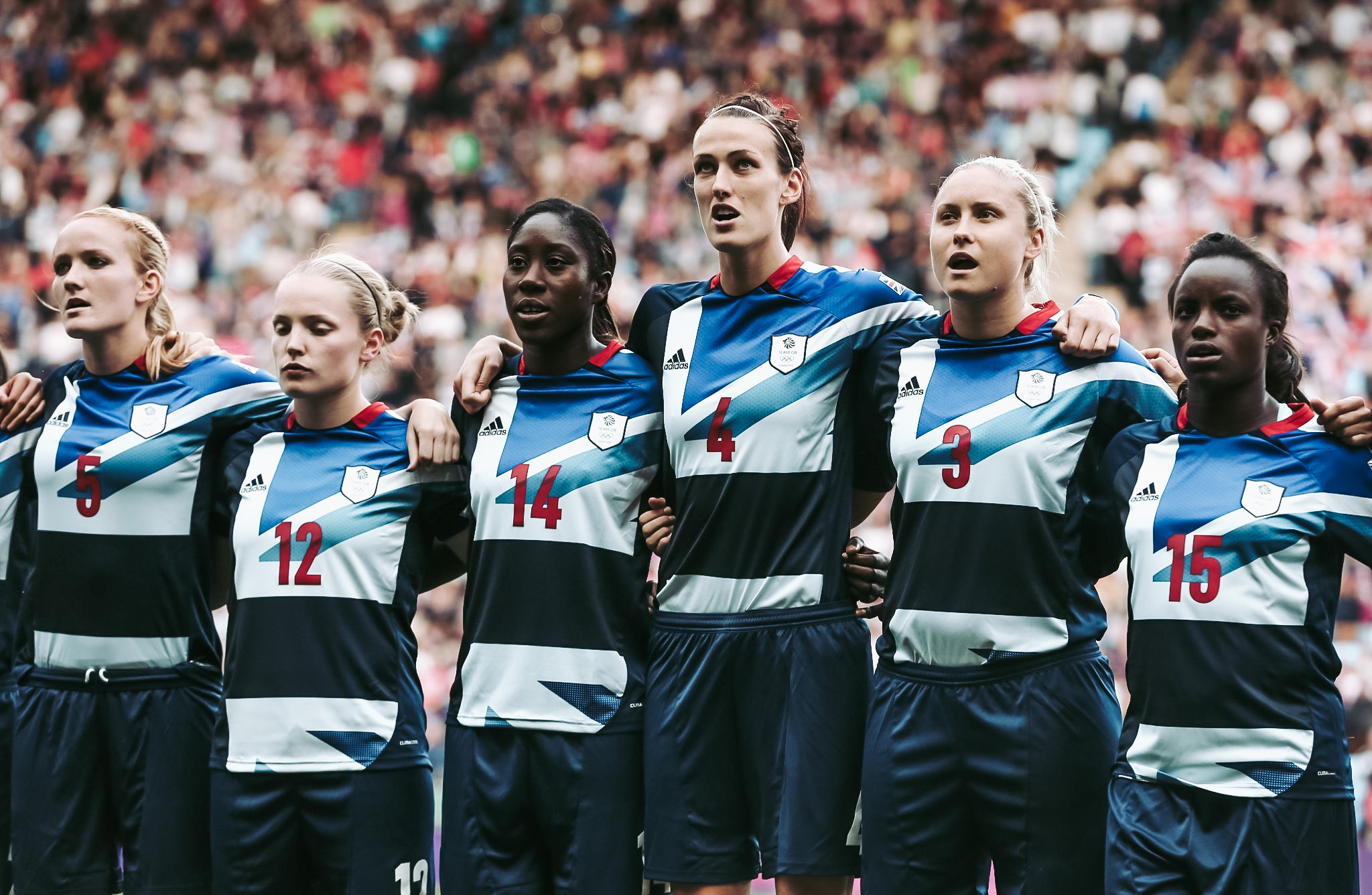With Arsene Wenger suggesting that FIFA are proposing plans to stage both the men’s and women’s World Cup tournaments every two years, a number of governing bodies have responded with a joint statement explaining how this decision would have a profoundly detrimental sporting, economic, societal and many other impacts that will fundamentally alter the course and development of the women’s game:
The fast-paced nature of the (so far) very selective consultation process and all-but agreed proposals have not allowed a careful reflection on what is in the best interests of the future development of women’s football or adequately assessed the possible irreversible consequences such a change might entail.
The symbiotic relationship between all parts of world football – allowing professional, amateur and grassroots football across both men’s and women’s clubs and national teams to all thrive in their own right – requires detailed and considered thought ahead of reaching any conclusive decisions on the future of the Men’s and Women’s International Match Calendar (IMC/WIMC). To date this process has yet to have taken place.
To be clear, this is not in any way about Europe defending its position, nor a question of national team versus club football. Our reservations centre on our desire for a balanced and inclusive global development that gives women and girls the best conditions to play the most beloved game at all levels and in every society. No one has more insight and understanding of this complexity than those who nurture the game on a daily basis – clubs, leagues, players and coaches – in addition to the governing bodies at confederation, national and regional levels.
Our desire is for FIFA to engage in a genuine, joint and open forum with all relevant football bodies and stakeholders, to assess with the required depth and understanding of the specific context and stage of development of the women’s game and its connection to men’s football, all the consequences the proposals will cause. The consequences include but are not limited to:
- Adding further congestion to an already crowded women’s IMC with more women’s final tournaments.
- Adding further congestion to the men’s IMC with more men’s final tournaments which will hamper the visibility and growth of women’s youth, club and national team competitions and women’s domestic leagues around the globe.
- Placing further strain on technical, medical, and administrative resources available to women’s national team football players, as the need for regular year-long provisions of such expertise is removed and resource is focused on men’s competitions.
- Leading to a greater risk of physical injury and mental health impacts for top players due to more concentrated matches for qualification pathways with limited preparation periods and, the increased burden placed on players during more frequent final tournament conditions.
- Interrupting the professionalisation process and investment in domestic leagues, and therefore the ambition to create meaningful full-time employment for female players and structures that offer an elite environment. There are still very few full-time professional leagues in the world.
- Reducing the opportunities for smaller, middle-sized and developing nations across the globe to participate in a FIFA Women’s World Cup, as only those leading nations with strong foundations have the capacity and resource levels to make it viable to compete so regularly.
- Compromising confederation-organised qualification campaigns due to fewer windows, leading to fewer regular playing opportunities for all. Particularly, less developed associations may miss out on regular organised football and thus also on playing final tournaments which is fuelling the sporting gap between nations.
- Limiting the expansion of continental championships at club and national team level.
- Significantly reducing the regularity and exposure of women’s national team football throughout the season, which will negatively impact the promotion of the game, the creation of role models and the ability to attract new partners.
- Neglecting the development of youth football and existing competitions, frameworks that are fundamental to the game’s future
- Lowering investments from sponsors and partners into the women’s game due to a saturation of markets which will undermine the financial viability of women’s football at international and national level, creating further inequality with the men’s game.
- Disrupting the global and rapidly evolving fan culture for women’s football that is taking off, but risks being impacted through the enhancement of competing established sporting events which will divert fans’ interests and investment in the women’s game.
- Creating upheaval for other sports and important other major sporting events.
We approach the future of the game’s development with an open and progressive mindset, and we appreciate the stated intent of the idea of a biennial Women’s World Cup is to develop football and provide more playing and hosting opportunities. However, such a far-reaching proposal requires serious scrutiny within the context in which it sits – the women’s football ecosystem. An ecosystem that is growing at pace but has not fully matured. Further development of the game we all love can only truly come about when we discuss together, at the same table, and with all those impacted by such a major decision. It is a delicate equilibrium which must show respect and responsibility across a spectrum of competitions, players, coaches, fans, nations and culture.
Such cooperation and openness between football stakeholders is the only real solution to find the best way to develop women’s football on a truly global basis and for the benefit of all.
Kvindeliga (Danish Football Association), The FA Women’s Super League (English Football Association), The FA Women’s Championship (English Football Association), Frauen-Bundesliga (German Football Association), Kansallinen Liiga (Football Association of Finland), Serie A Femminile (Italian Football Association), Eredivisie Vrouwen (Royal Netherlands Football Association), Liga 1 Feminin (Romanian Football Federation), Elitfotboll Dam, Sweden, Women’s Super League (Swiss Football Association), European Club Association and UEFA
Photo from @FIFAWWC via Getty









